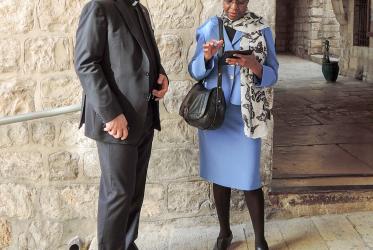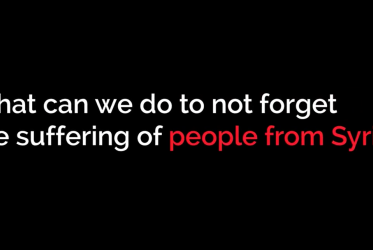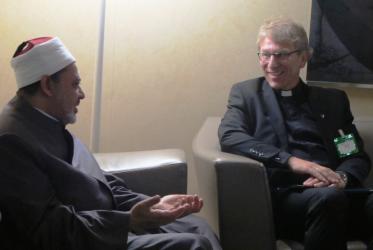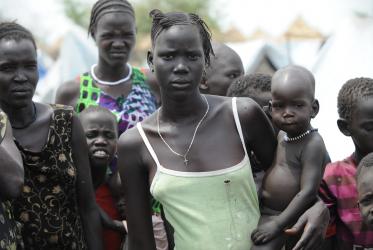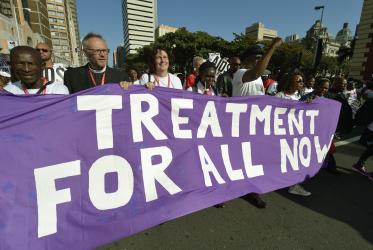Displaying 221 - 240 of 388
13 December 2016
Dialogue flourishes between WCC, Muslim Council of Elders
30 September 2016
WCC general secretary reflects on peace in Palestine and Israel
20 September 2016
Hielke Wolters: Apostle of mission strategies
01 August 2016
Facilitating peace with passion
26 July 2016
AIDS 2016: Coverage of faith response to HIV
22 July 2016
Children are being let down over HIV care
17 July 2016
AIDS 2016: “Stigma kills more people than HIV”
17 July 2016
‘Unprecedented times of hopelessness’ in Holy Land
11 July 2016

